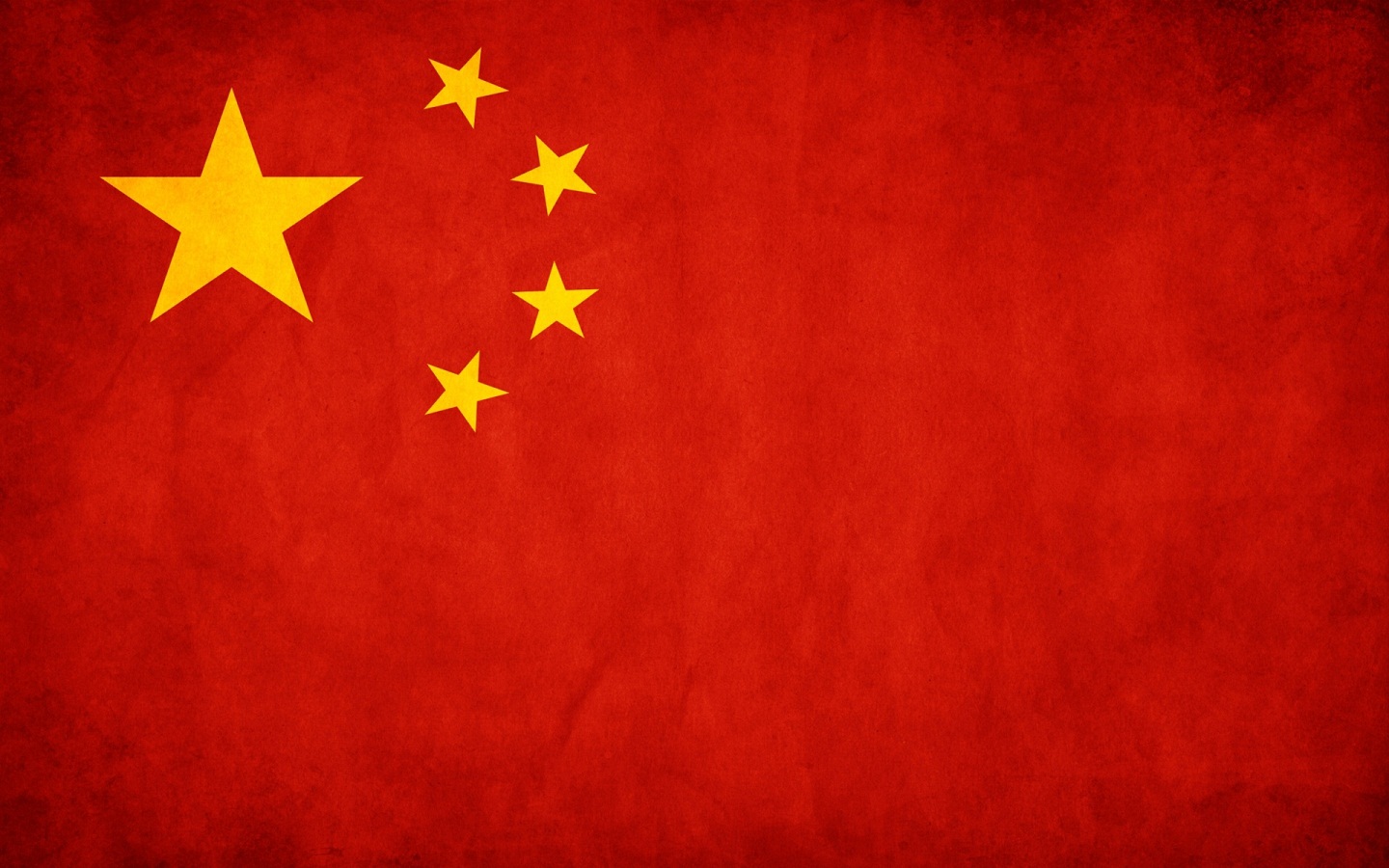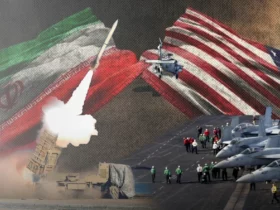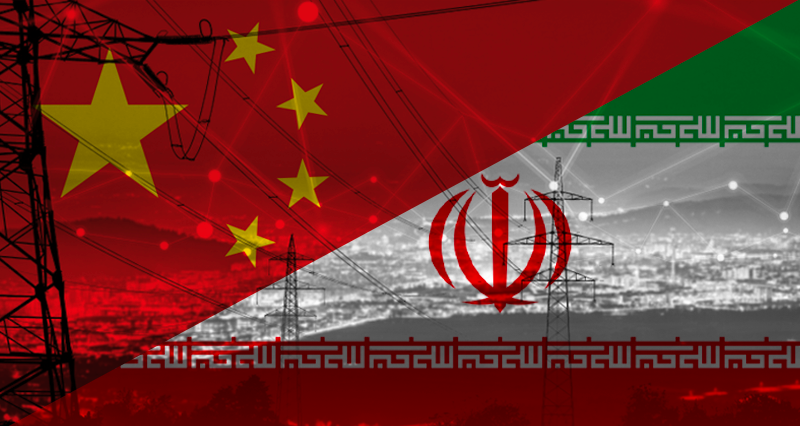The Comprehensive Investment Agreement (CAI) between the European Union and the People’s Republic of China that was announced at the end of 2020 keeps on fuelling international discussions.
“FOR CHINA MOST IMPORTANT STEP SINCE JOINING THE WTO”
Sourabh Gupta, a senior fellow at the Institute for China-America Studies in Washington, described the agreement as a milestone. Gupta claims that “for China, this is the most significant economic agreement, geo-economically, geopolitically as well as from a broad economic perspective, since the signing of its World Trade Organization Accession Protocol in 2001”.
EU – CHINA RELATIONS
The European Union expects a rise of investments in the sector of manufacturing, financial services in China and a level field of competition between European companies and Chinese State-Owned-Enterprises on the Chinese market.
Noteworthy is China’s concession in the field of New Energy Vehicles, meanwhile the US newsmagazine POLITICO, reporting from the agreement text, underlines that in the future, Chinese staff will also obtain working visa in the EU more easily.
The rising investment from the EU to China and further market integration will lead to a “growing interdependence”, says Henry Olson from the Washington Post. And Wu Xinbo, Director of the Centre for American Studies at Fudan University in Shanghai, expects “negotiating a free-trade agreement as a next step”.
CHINA SURPASSES US AS EU’S MAIN TRADING PARTNER
China has already become the EU’s most important trade partner in the fourth quarter of the year 2020, downgrading the US to second place for the first time.
Chinese President Xi Jinping has evaluated the agreement far beyond topics of investment. As announced by the Chinese Foreign Ministry, Xi has in the according meeting “has urged multilateral cooperation, adding China and Europe should enhance coordination and cooperation within frameworks including the United Nations, the Group of Twenty (G20), the World Trade Organization, and the World Health Organization, facilitate political settlement of international and regional hotspot issues, actively implement the G20 Debt Service Suspension Initiative, and support pandemic response and development in Africa, to promote world development and prosperity”.
DEEP IMPACT FOR TRANSATLANTIC RELATIONS
Speaking to The Diplomat Dr. Alexander Vuving, Professor at the College of Security Studies at the Daniel K. Inouye Asia Pacific Center for Security Studies says the agreement will “damage the EU’s transatlantic alliance with the U.S.”
The European and especially German press accordingly celebrates the agreement as a step of EU’s “strategic autonomy”.
Olson claims that “the E.U. will be drawn into China’s orbit and slowly decouple from America’s” and he also expects the US and China to battle hard for influence on Europe. He suggests Washington to “dramatically increase the size of the U.S. military and find new allies to supplement or replace wavering old ones.”
The incoming Biden Administration has yet to take a clear stance, but the National Security Advisor appointee, Jake Sullivan, has declared his governments aim to “reinforce international alliance vis-à-vis China”. Criticizing Trump for his unilateral approach harshly, Sullivan still avoided answering the question whether his government would renegotiate the Phase-1-Agreement between the US and China signed in the beginning of 2020.
ATLANTIC HOPES RESIDE IN THE EP AND SOME MEMBER STATES
The EU-China Agreement still needs to be worked out and approved by the European Parliament. Pro-Atlantic forces in the EP already criticize any agreement with China referring to the conflicts of Hong Kong, Tibet, Xinjiang and pacific tensions.
Some member states like Poland have also presented objections. It is generally expected that an agreement already supported by European Commission, Germany and France will pass the parliament, also having in mind that US-ally Britain has left the EU.
Noah Barkin from the US German Marshall fund expects “having embraced strategic autonomy, the EU will be determined not to bow to inevitable pressure from the Biden administration.”
It seems that the EU-China Investment Agreement will further lead the world toward a multipolar structure, with new rapprochement between Europe and China on the side and distancing inside the transatlantic alliance on the other.

















Leave a Reply